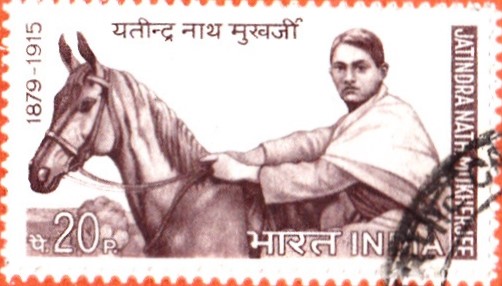
Jatindra Nath Mukherjee (Bagha Jatin)
A commemorative postage stamp on the Death Anniversary of Jatindranath Mukhopadhyay (Bagha Jatin), an Indian Bengali revolutionary, a leader of Yugantar party, planned German Plot during World War I against British Raj :
 Issued by India
Issued by India
Issued on Sep 9, 1970
Issued for : The Posts and Telegraphs Department joins the millions in this country in paying its silent homage to the memory of this invincible harbinger of national freedom and glory, by issuing a special commemorative stamp in honour of Jatindra Nath Mukherjee.
Description of Design : The design of the stamp is horizontal and depicts a portrait of Jatindra Nath Mukherjee holding the reins of a horse.
The design is based on the drawing prepared by Shri C. Kar, Principal, Govt. College of Art & Craft, Calcutta.
Type : Stamp, Postal Used
Colour : J.B.A’s Red Brown
Denomination : 20 Paise
Overall Size : 4.06 X 2.28 cms.
Printing Size : 3.80 X 2.0 cms.
Perforation : 14 x 14½
Watermark : Printed on unwatermarked adhesive stamp paper
Number Printed : 30,00,000
Number per issue sheet : 50
Printing Process : Photogravure
Designed and Printed at : India Security Press
Name : Jyotindra [as he signed] Nath Mukhopadhyay [Baghajatin]
Born on Dec 7, 1879 at Kusthia, Nadia district, Bengal Presidency, British India [now in Bangladesh]
Died on Sep 10, 1915 at Balasore, Bengal Presidency, British India [now in Odisha]
About :
- Jatin Mukherjee was a legendary name which sent a thrill among the younger generation of this country at the beginning of the First World War. Jatindra Nath Mukherjee was better known as Bagha Jatin because, as a young man he had tackled a Royal Bengal Tiger single-handed in his native village and killed it with a knife. This was not merely a feat of brute physical strength and great presence of mind, it was an instance of the cool courage and self-sacrificing determination which characterised him at all times. In fact, his contemporaries regarded him as a superman.
- Jatindra Nath Mukherjee was born in December, 1879 in a respectable and well-to-do Brahmin family of Jessore. His father, Umesh Chandra was a profound scholar, reputed for his strength of character and courage. His mother, Sharat Shashi Debi, was a poet of considerable merit. Even at an early age Jatin showed a remarkable development of body and mind. As a school boy, one day he halted a frenzied horse rushing down the streets of Krishnanagar and creating panic among the people. After calming it down, he returned the horse to its owner. While a student, he met Swami Vivekananda and came under his influence. Jatindra Nath, however, felt that the spiritual regeneration of India would not be possible till India was politically free. Even though Jatin joined the Bengal Secretariat as a stenographer and spent half the year at Darjeeling and the other half in Calcutta, he found time for other more important interests in his life. By his personal magnetism, he attracted young men who thronged round him to hear his lectures on Geeta and other sacred texts. But his classes extended beyond the Geeta to the fiery works of Yogendra Vidyabhushan, Bankim and many foreign authors and thinkers. He endeavoured to create in his audience a deep-rooted love for the Motherland whose bondage was much too painful for him to bear.
- In April, 1900, Jatindra Nath Mukherjee was married to Indubala Debi; and his children Ashalata, Tejen and Biren are still alive. When war broke out in 1914, Jatindra Nath went underground; a hushed rumour had it that he was preparing for an armed uprising for the freedom of the nation. Jatindra Nath‘s idealism and bearing impressed Aurobindo Ghosh, who advised him in the revolutionary movement for the independence of the Motherland. In this connection, he travelled from district to district organising the movement. When Sri Aurobindo was on trial in the Alipore Bomb Conspiracy Case, Jatindra Nath organised a series of daring actions to hamper the prosecution. Eventually, Jatindra Nath was arrested and put on trial with a number of others in the Howrah Conspiracy Case, but the case failed.
- At that time, the Indian revolutionaries had spread over the world to seek support for the freedom struggle. The then German Government was to extend aid in the form of supply of arms, money and officers and these arrangements were to be channelised through the German Embassy in U.S.A. The plans of the Indian revolutionaries were, however, betrayed to the Allied powers, who seized chartered ships with German arms aboard on the high seas. This exposed Jatindra Nath who had to seek shelter In the then Indian State of Mayurbhanj. The British Police mobilised all their resources within a radius of many miles in Mayurbhanj and the neighbouring Balasore District of Orissa and organised an elaborate man-hunt after the revolutionaries. Rewards were announced and the revolutionaries were branded as ‘dacoits’. Jatindra Nath and his party were often surrounded by police parties and there were several skirmishes. Finally, on the 9th September, 1915, they were brought to bay and there was a pitched battle between the revolutionaries and the police aided by an Army unit on the banks of the river Bura-Balam in the village of Chashakhanda in Balasore District. It was an unequal battle between a handful of revolutionaries ill-equipped and bedraggled, and the organised might of the then British Empire. Even so, the battle lasted 75 minutes. Jatindra Nath fell mortally wounded. He was taken to Government hospital at Balasore where he expired the next morning. Thus ended the spectacular career of one of the heroes of the nation’s grim struggle for freedom. He blazed a trail and fired the imagination of his people in their fight for Independence. Since then, the 9th of September is hallowed by the memory of this heroic son of India.


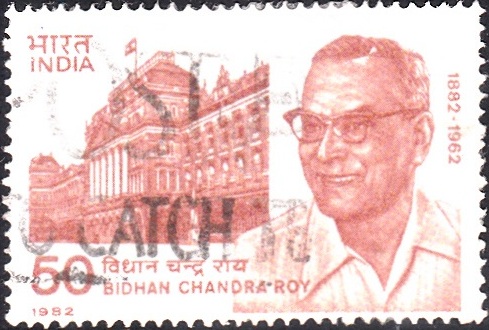
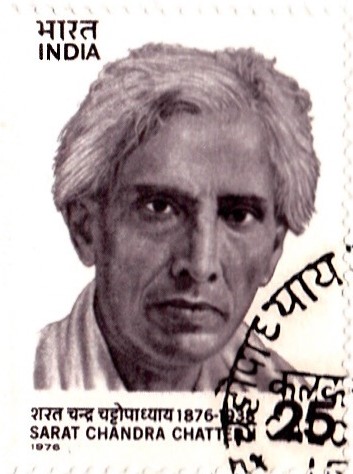
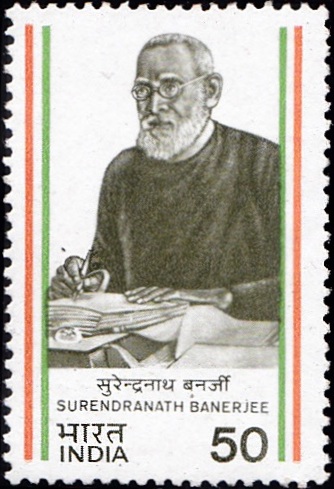
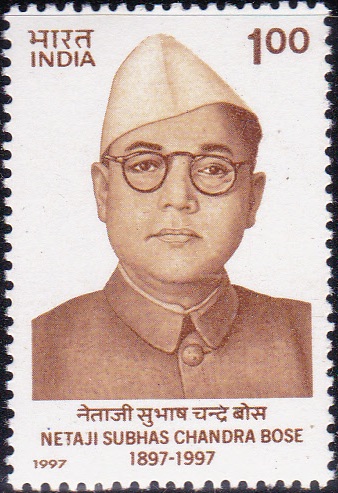
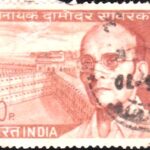
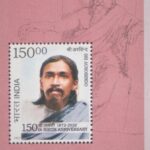
TEARS ROLLED DOWN MINE EYES..
I WANT TO VISIT BURI BALAM & CHASHAKHANDA.
PLEASE GUIDE & HELP ME.